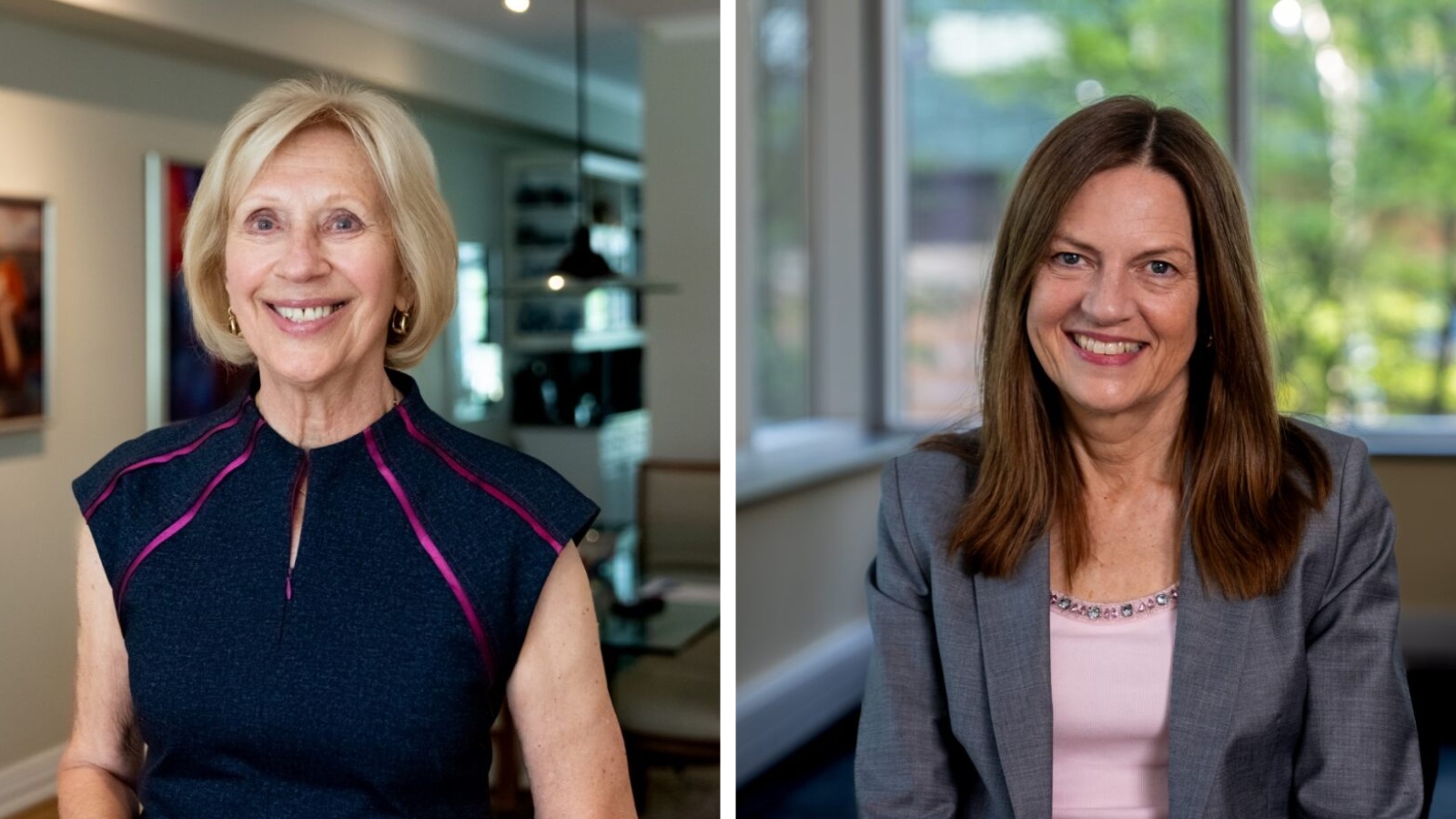
Palliative care is often misunderstood as end-of-life care. In reality, it is a program which can be the key to improved quality of life for those living with a life-limiting illness. University Health Network (UHN) is leading the way in providing early integrated palliative care, no matter where a patient may be in the course of an illness.
John Ricker lived a remarkable life. He was a prolific historian, teacher and author, whose career achievements were acknowledged with the prestigious Order of Canada. He was a much beloved father of three, a dedicated husband to Marvi for 44 years, an avid runner, and a lover of music and poetry. As someone who lived life with enthusiasm and vigor, a diagnosis of heart disease was a difficult blow.
While dealing with the repercussions of this diagnosis, John’s healthcare journey took a transformative turn when his doctor at UHN recommended exploring palliative care as a means to address his ongoing medical needs. Palliative care emerged as an approach that not only offered John relief from pain and management of other symptoms, but also seamlessly integrated with his overall healthcare plan. It changed how John and Marvi approached living with his illness, offering them a renewed sense of hope and possibilities.
Before John was part of a palliative care program, Marvi, like many Canadians, did not have a clear understanding of what this kind of care entailed.
“I believe my misconceptions were common in that I associated palliative care with hospice care. It seemed to me that you had to be in the final stages of life to benefit from palliative care. However, I now realize this is a valuable program for individuals grappling with non-curable or inoperable medical conditions, offering them support and comfort,” says Marvi.
Dr. Camilla Zimmermann, Head of the Division of Palliative Care at UHN, wants people to know that palliative care is about improving life, not facing death.
“At UHN, palliative care focuses on comprehensive care for the individual, providing an additional layer of support to enhance the well-being of patients and their families when facing serious illness. In essence, palliative care is about life and living rather than death and dying.”
Marvi quickly realized that it was not only John who was benefitting from this additional support. “The palliative program was also really important for me and the rest of our family. The palliative care team provided support, information and all the resources we needed for this journey, including counselling and mental health support. There was always someone I could call with any questions I might have.”
Nearly 15 years after his initial diagnosis, John’s health began to more seriously decline. Marvi was determined to keep him at home, where he felt happiest, for as long as possible. Thanks to palliative care, John was able to remain comfortable at home with his loved ones, have visitors and enjoy a social life, even as his health was worsening.
John passed away in 2022, having remained at home for as long as possible, until additional support was needed. Marvi believes sharing their journey can help others understand the value of palliative care. She wants people to know it’s not just for the last few months of life – it’s about making the most of the time you have, even if you’re living with an incurable illness.
UHN is proud to be a leader in early integrated palliative care. “We’re changing how people see palliative care and making it more accessible,” says Dr. Zimmermann. “I often use an analogy of the umbrella and the rain. People often think of palliative care as the rain- the bad part, the symptoms, the distress. But we’re not the rain – we’re actually the umbrella. We’re what’s protecting people from the rain. And in avoiding the umbrella, you just get wet”.
As a result of her experience, Marvi became aware of the crucial role played by palliative care social workers, who provide emotional support and guidance to families. She is committed to helping UHN grow this role by supporting UHN’s Palliative Care Social Work Fellowship.
“I’m delighted that the funds raised to date will support fellowships in palliative care social work, but that is not enough,” says Marvi. “We need to train far more people in this important role.”
Marvi and John’s story demonstrates that palliative care is a gift that can change lives. It’s not just about facing the end – it’s about finding joy and strength in every moment, no matter the challenges. UHN is dedicated to reshaping perceptions and demonstrating that palliative care is a path to living fully, at all ages and stages of life. Donor support can help us bring this program to the next level to help even more patients and their families.

No one ever changed the world on their own but when the bright minds at UHN work together with donors we can redefine the world of health care together.


